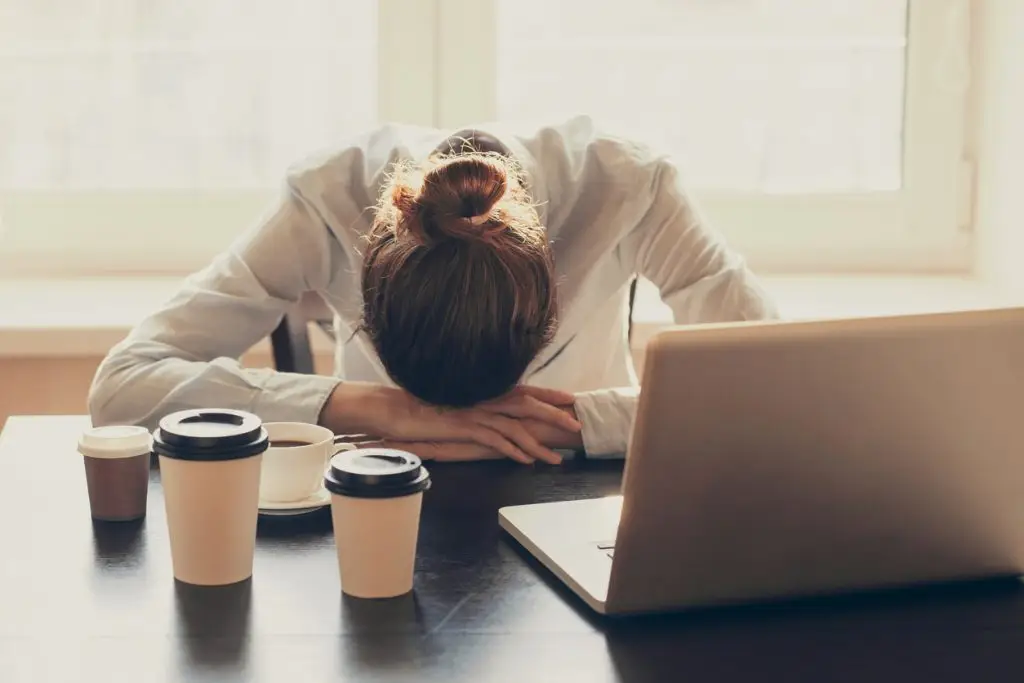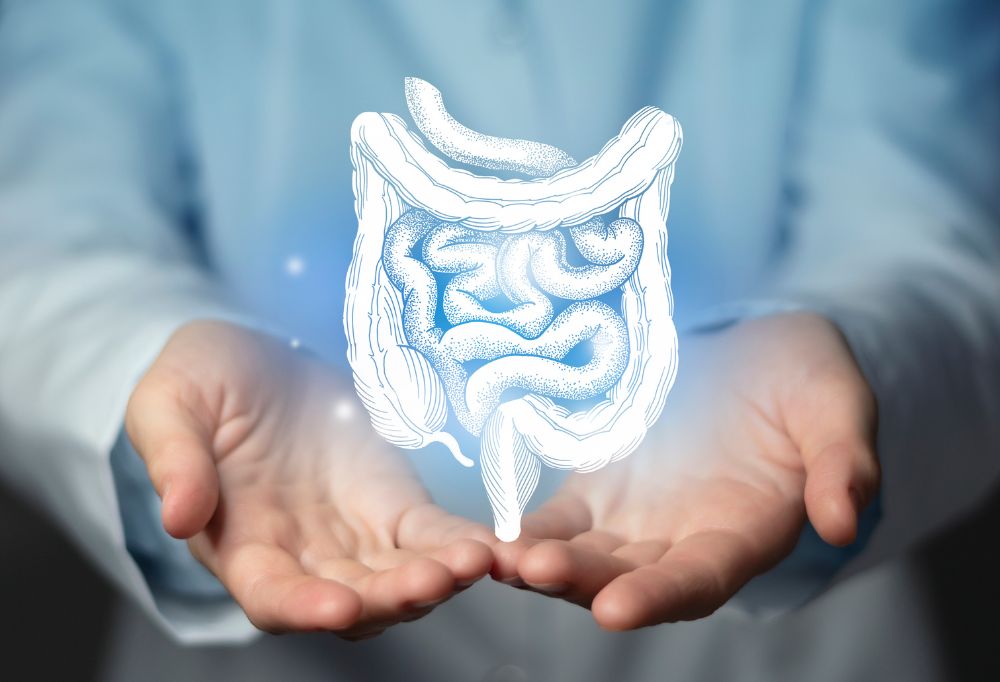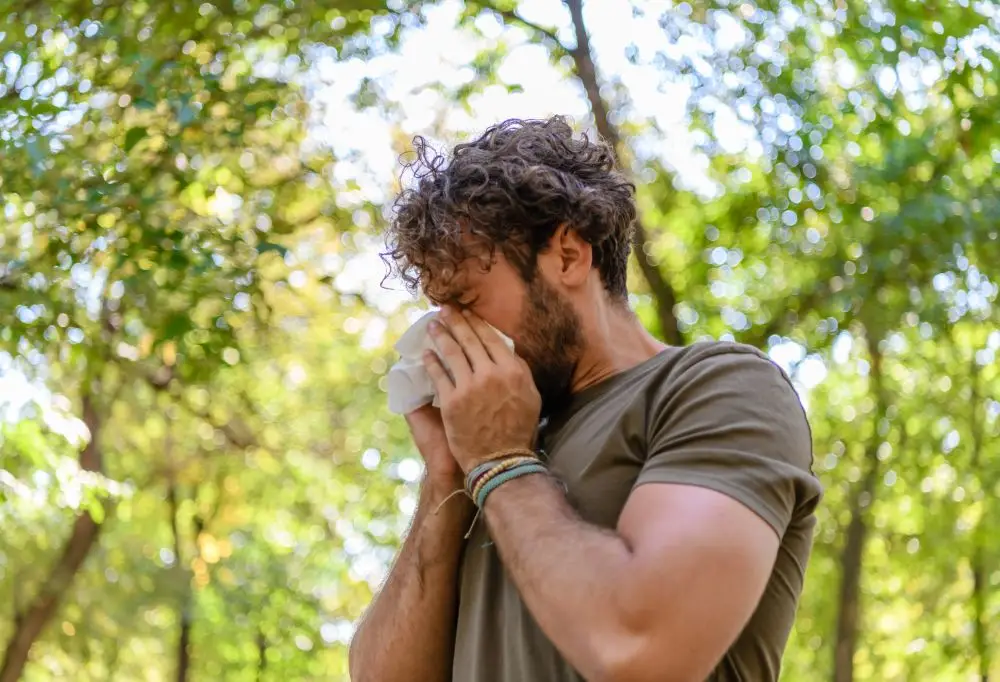By Adrian Schirr
There are mixed reports on how much sleep the adult body really needs in order to work at optimal levels. Some say at least six hours can get the adult body through the day, doing all that it should be doing. Others report that magic number falling anywhere from seven to nine hours per night of deep, undisturbed sleep. At Forum Health we create customized plans because every body is different. From which food plan works best for you to the supplements you should be taking, no two bodies require the same treatment. The same falls true for adequate sleep. There is no consistent number for every single human being, but there are several ways to identify if you suffer with sleep deprivation.
Do you…
- Crash during the day?
- Suffer with fatigue?
- Have mood swings, anxiety, or depression?
- Struggle to lose weight?
- Have a difficult time with reason, focus, and concentration?
- Have a low libido?
- Struggle with skin issues like red, puffy eyes, dark under-eye circles, breakouts, and turned-down corners of the mouth?
If you answered yes to any of these, you might have a problem—and it is a problem.
Epidemic
Between 50 to 70 million Americans are estimated to have some form of chronic sleep disorder (Levy). Let’s simplify that number. This means 1 in every 5 or 6 people struggle to get a good night’s sleep. It’s an epidemic in this country and might contribute to the alarming rates of poor metabolic health—because, YES, the two do go hand-in-hand.
The Hard TRUTH
You can have a great diet and exercise daily, but if you are not getting a good night’s sleep, your health is compromised. Sleep is a vital component to living a healthy lifestyle. The body needs it for a number of reasons, such as:
- Keeping a strong immune system
- Defending itself against illnesses and chronic disease
- Repairing damaged tissues
- Proper digestion—gastric emptying
- Detoxification
- Balancing hormones
- Fine tuning and maintaining cognitive health
But why? Isn’t the body simply resting? I actually don’t understand why we call sleep “resting.” Rest is sitting down after a hike or taking a siesta after a long morning of work. When you rest, you’re giving your body a break. When you sleep, however, there’s so much happening. Your body and even your mind are working hard to recharge and rebuild all that’s broken down during the day. It’s your body’s time to heal. You just aren’t aware while it’s happening.
The Science: Non-REM Sleep vs REM Sleep

Non-REM Sleep
The body and brain must go through three stages of Non-REM (Rapid Eye Movement) sleep before entering full REM sleep:
- Stage 1: Your eyes are closed, but it’s easy to wake you up. This phase could last between 5 to 10 minutes.
- Stage 2: You are entering a very light sleep here. Your heart rate slows and body temperature drops. Your body is preparing for deep sleep. This phase lasts for 10-25 minutes.
- Stages 3: This is the deep sleep stage. It’s harder to wake you up during this stage, and if there is an interruption, this would be followed by some disorientation for a few minutes.
During this process, the body strengthens the immune system, detoxifies, repairs and regrows damaged tissues, and builds bone and muscle.
REM Sleep
A much shorter period, REM (Rapid Eye Movement) sleep is when the brain is more active and dreams are present. This phase is especially important because it stimulates areas of the brain that help with learning and is associated with increased production of proteins as well as digestion.
The process of Non-REM to REM is a cycle that repeats itself several times throughout the night. So, you see, a lot happens during the sleep cycle and it’s a vital piece to living a balanced, healthy lifestyle.
Risks of Missed Sleep
The body misses a lot when it’s unable to enter a cycle that leads to strengthening the immune system, increasing cognitive health, detoxification, digestion, and the rebuilding of tissue, muscle and bone. Lack of sleep is associated with a number of health risks, including:
- A higher risk for chronic diseases like cardiovascular disease, diabetes, depression, and cancer.
- Cognitive issues like trouble with concentration and issues with work or school like finding it difficult to learn, be creative, meet deadlines, remember information, or take tests.
- Fatigue and being prone to accidents go hand in hand and can cause difficulty driving as many sleep deprived people report nodding off or simply being unable to focus.
- Less desire to be social, which is known to lead to feelings of isolation, loneliness, and depression.
- Lack of energy will lead to a sedentary lifestyle, which contributes to weight gain.
- An increased appetite and tendency to overeat, which are both associated with fatigue or “fog eating.” Fatigue is also linked to poor food choices from craving processed, sugary or comfort foods.
- People who lack sleep are found to feel moody, irritable, depressed, overwhelmed, angry, frustrated, and worried.
Weight and Sleep Deprivation
If you’re trying to lose weight, adequate sleep is just as important as diet and exercise. Sleep affects the appetite by supporting two very important neurotransmitters called leptin and ghrelin. The body needs ghrelin to signal when it’s hungry and leptin to signal when it’s full. Throughout the day, the body will increase and decrease these neurotransmitters, signaling the need to consume calories—or not. A proper sleep cycle regulates the production of these neurotransmitters. In fact, studies have shown that adequate sleep actually increases fat loss.
Yes, you guessed it. The opposite holds true when it comes to weight gain. Aside from the fact that the neurotransmitters, leptin and ghrelin, are no longer supported during sleep deprivation, your body won’t have enough energy to sustain itself during the day. This means that the body is struggling to understand when it’s full and struggling to burn the extra calories being consumed. Pair that with the mindless eating that fatigue brings on, and obesity is now a major risk factor.
Fight Back with Natural Treatments for Sleep Deprivation

Manage stress
Cut back on stress and anxiety with simple routines and habits like meditation, reading, journaling, gardening, yoga, deep breathing, exercise, or anything else that may be relaxing and calming. Stress might be your culprit, but it’s only going to create a viscous cycle if you allow it to continue: Stress=Sleep Deprivation=MORE STRESS.
Increase your exposure to natural light during the day
Exposure to natural light during the day regulates brain cells and forms the “circadian rhythm,” which creates balance between hours you should be awake and those you should spend sleeping. When balanced, the retina in the eyes sends information about dark versus light to the brain, which creates an internal 24-hour clock and regulates the levels of the hormone melatonin, willing it to rise and fall according to light exposure. To put it simply, train your brain to recognize light as awake and dark as SLEEP.
Daily exercise
Get in some kind of exercise for at least 30–60 minutes, especially outdoors or by a window, is one of the best ways to promote a better sleep cycle at night. Being active daily in the morning or during the day can also help regulate the circadian rhythm and lead to natural feelings of calmness and sleepiness at night. Be careful: For some people, exercising in the evening or too close to bedtime can lead to increased alertness and trouble falling asleep.
Create a bedtime routine
The body craves a schedule and routine. This means that ideally you will attempt to go to bed at roughly the same time every night and wake up close to the same time in the morning. Some people find that writing down their thoughts, worries or “grateful moments” of the day in a journal helps them feel calmer. Others like to sip nighttime tea, use essential oils that are calming, read something inspirational, and stretch or take a warm shower.
Put the devices away at night
The bright screens on electronics can lead to alertness due to changes in your eyes and brain. They can actually keep you awake. To wind down once your head hits the pillow, try reading with a small light instead or having a quiet chat about your day with your partner.
Adjust your diet
Fill your day with foods that promote and aid sleep such as veggies, grass-fed beef, flaxseeds, chia seeds, wild-caught salmon, and whole grains. Foods high in carbohydrates or sugar after dinner will only prevent sleep later. For extra help, try taking a third-party tested supplement with magnesium within 1 hour of going to bed and an omega-3 fish oil supplement in the morning to help with muscle relaxation, anxiety, and reducing inflammation.
Request a Health Advisor Call Today!
References:
Levy, Jillian (2017), “Get Some Sleep! Sleep Deprivation Causes + 6 Natural Treatments,” Dr. Axe.
“Weight Loss and Sleep,” The Sleep Foundation.






